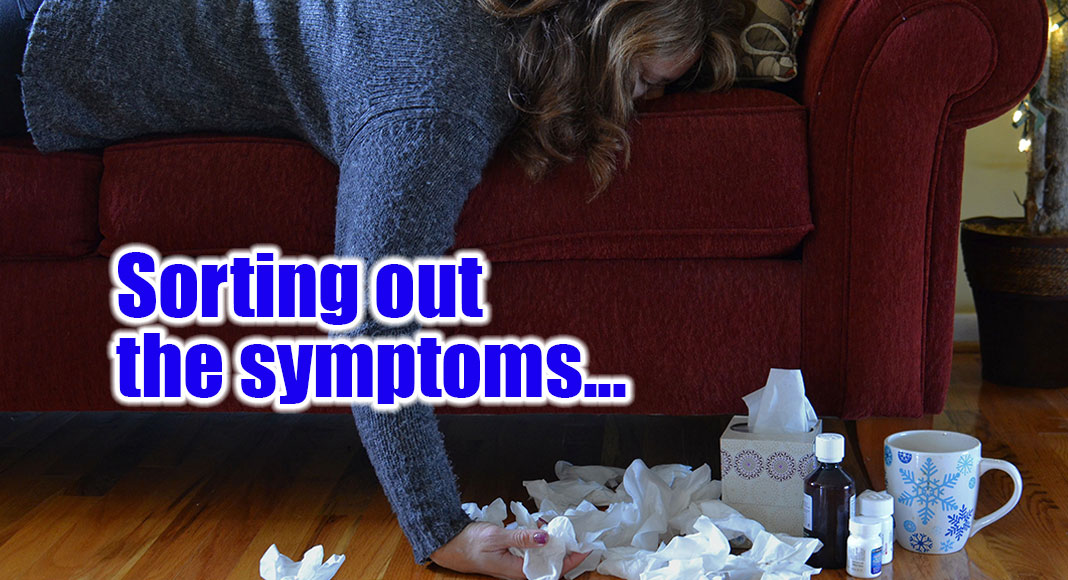
Mega Doctor News
Cleveland Clinic – Stuffy nose, postnasal drip, sneezing and wheezing – ah, the joys of fall allergy season, or is it?
According to Cleveland Clinic allergist, Sandra Hong, MD, fall allergy symptoms can be easily confused with those of COVID-19.
So, how do we tell them apart?
“Things that, I think, make a difference and help you decide, is it allergies or is it COVID? With COVID we don’t have as much sneezing and as much itching,” she explained. “So, if you’ve noticed every single year that you’ve gotten the same sorts of symptoms during the fall time, it probably is more allergy-related.”
Dr. Hong said fever and loss of taste and smell are possible with severe allergies, but more common with COVID-19.
Fatigue is also a COVID-related symptom, but allergy suffers can feel fatigued too. However, when fatigue is allergy-related it can sometimes be due to allergy medications causing drowsiness. If that’s the case, Dr. Hong said simply stopping or changing to a non-sedating medication can help.
In addition, a stuffy nose from allergies may make it hard to breathe at night and disrupt sleep patterns, making it hard to focus during the day.
But, according to Dr. Hong, COVID-related fatigue is different and often debilitating.
“COVID fatigue however, a lot of times people have fevers, a lot of times people are actually really achy with COVID, and they feel really fatigued so much so that they just don’t want to get out of bed, we don’t see that nearly as much with allergies unless they are extremely severe allergies,” said Dr. Hong.
If you’re unsure and concerned about your symptoms, call your healthcare provider to help determine what you’re dealing with.
If someone is suffering from severe symptoms, like difficulty breathing, it’s best to seek emergency care.










